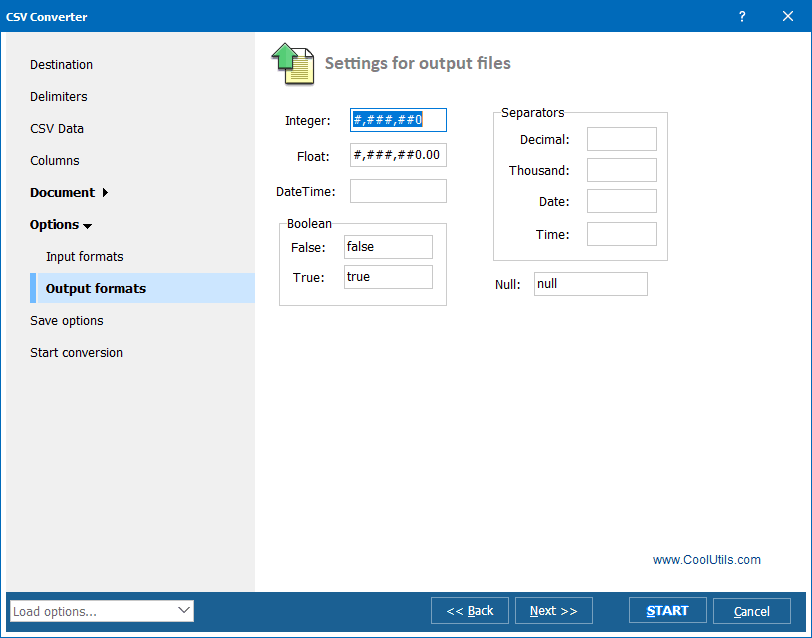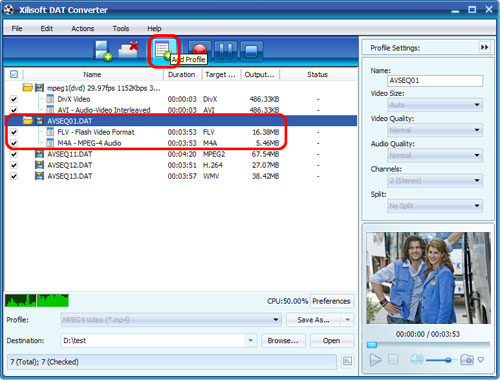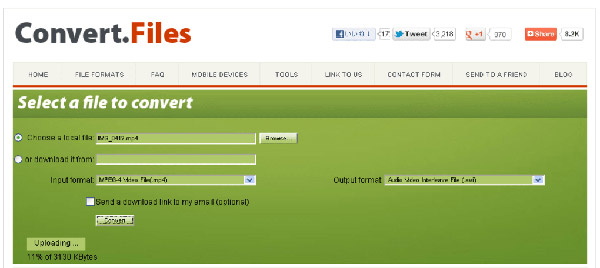

When it runs, the converter reads an INI file in the same folder (mdf2clx000_config.ini) that follows the rules used in CLX000 configuration files. If you wish to convert your CANedge MDF4 log files to the CLX000 log file format, this converter lets you do that. Further, you can utilize our Wireshark plugin to e.g. Wireshark offers a range of powerful filter/analysis tools and can handle large log files seamlessly. The mdf2pcap.exe lets you convert raw MDF4 files into pcap format, for loading in Wireshark. Default output is the 2.1 format, but you can specify -f 1.1 via the command line. The mdf2peak.exe lets you convert your MDF4 data to PEAK’s TRC format, for use in e.g. The mdf2csv.exe enables quick conversion of the raw MDF4 data into a simple CSV format that you can load in text editors, Excel and other tools.


With the latest SP2 for Vector’s tools, you can also simply finalize the MF4 files (see above). The mdf2asc.exe lets you easily convert files into the ASC format for loading in such tools. Vector’s ASC format is supported by various CAN tools, e.g. However, some advanced VNT use cases require that the data is already finalized & sorted (e.g. MATLAB’s Vehicle Network Toolbox (VNT) supports unfinalized MF4 files 2. Vector CANalyzer supports only finalized & sorted MF4 files, hence the mdf2finalized converter can be used to make your log files compatible (as of Vector’s SP2 update) 1 asammdf and our Python API), while others require that you use the mdf2finalized converter first (see below). Some tools natively support unfinalized/unsorted MF4 (e.g. This ensures performance and power safety. The CANedge records raw data as ‘unsorted’ and ‘unfinalized’.


 0 kommentar(er)
0 kommentar(er)
